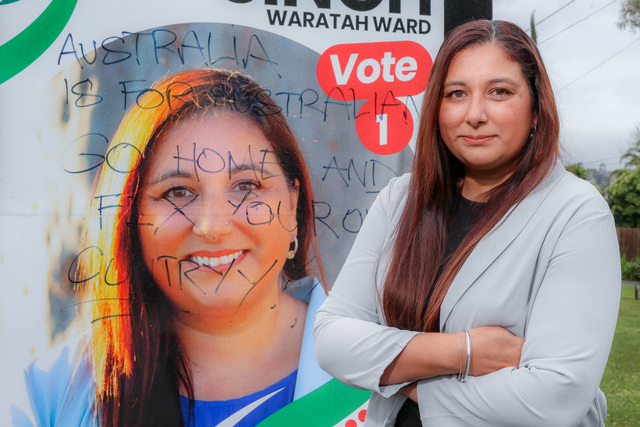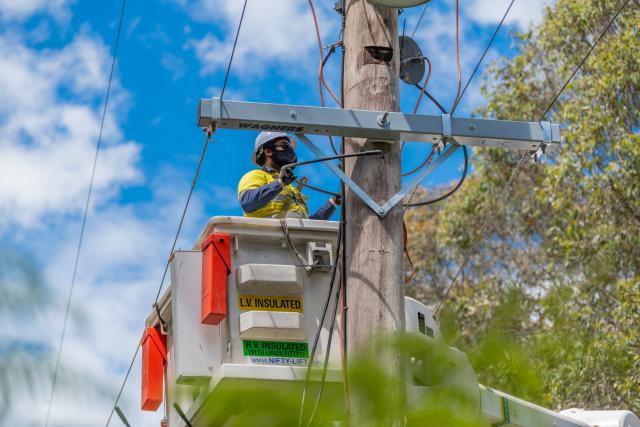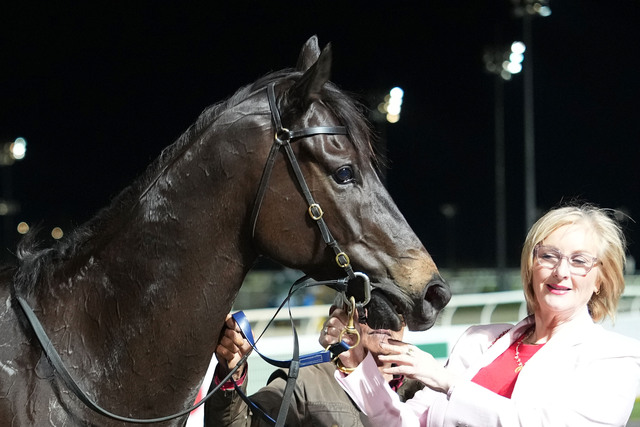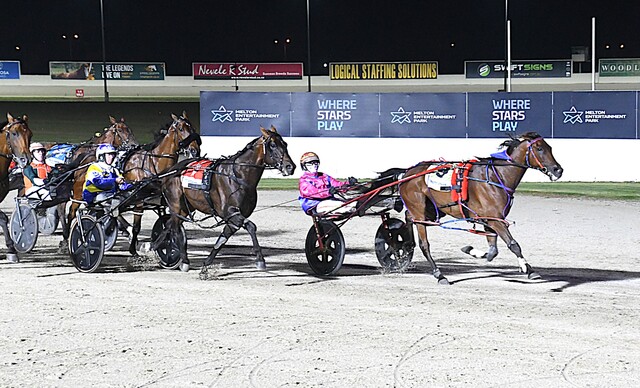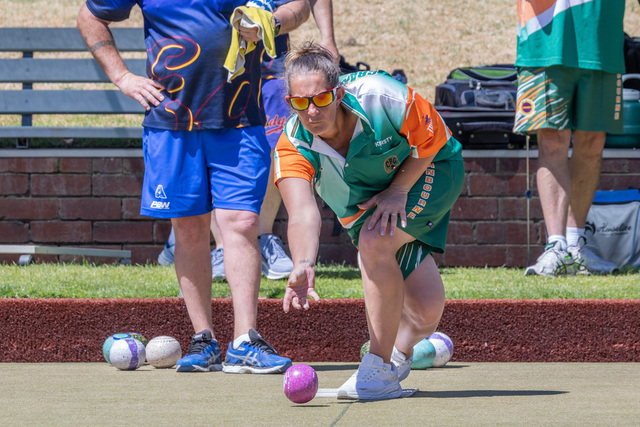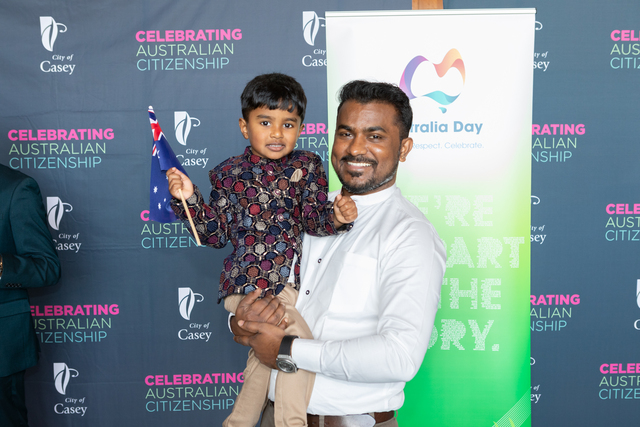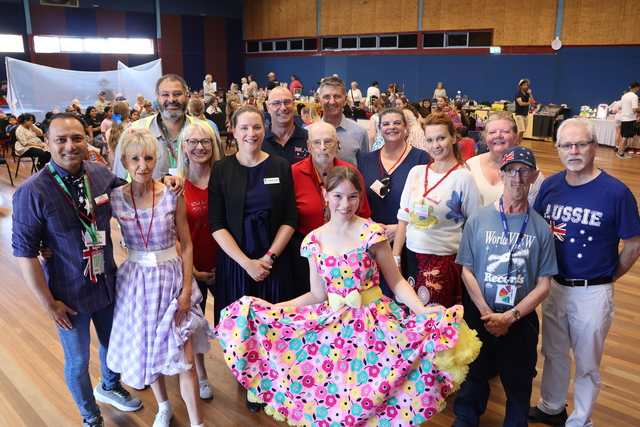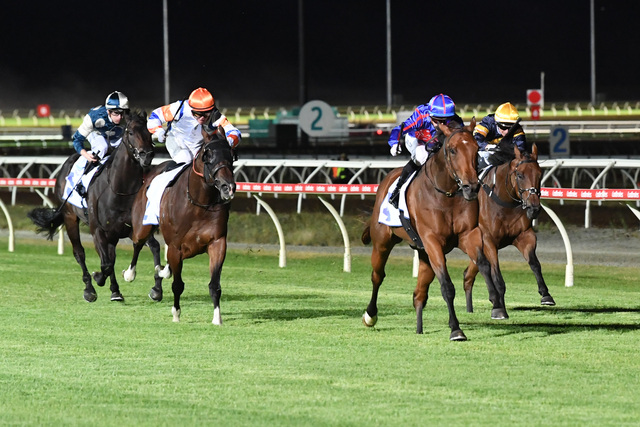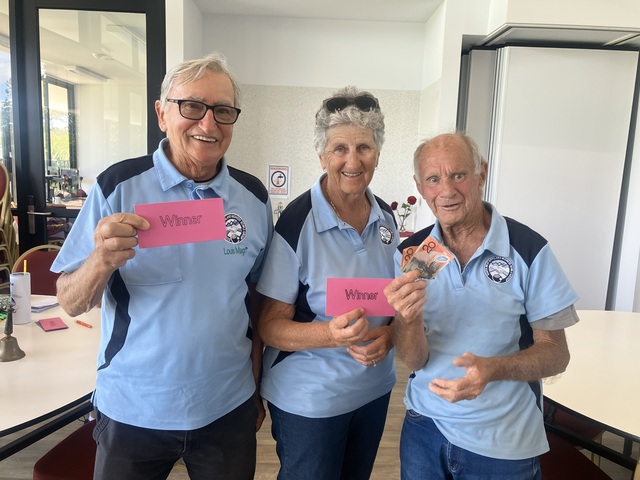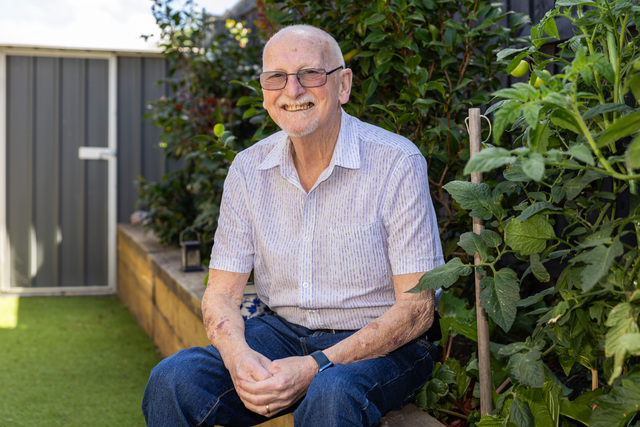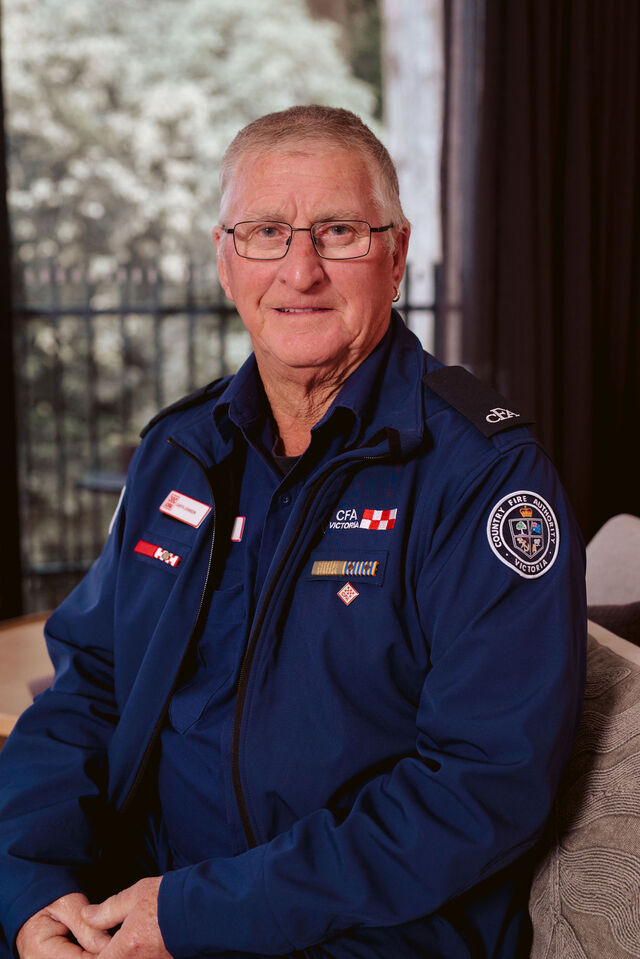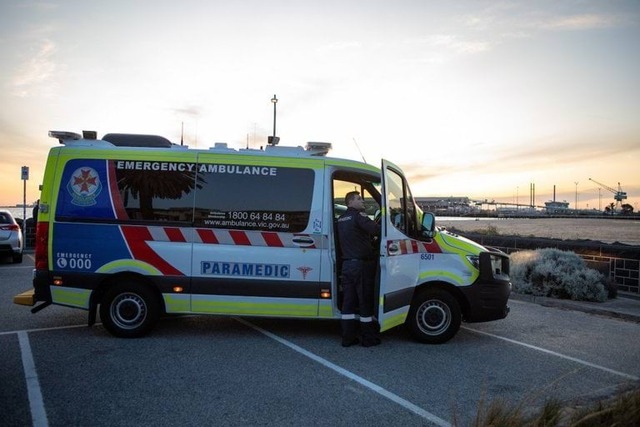Despite being born in England and raised in Australia for 44 years, it wasn’t enough to protect Casey Council candidate Jamel Kaur Singh from racism.
Without any political aspirations, she participated in the elections because she wanted to serve the community she loves.
“I just thought I’d put up my hand and say ‘I’m here, use my skill set, let’s go’. I kind of had no idea what I was getting myself into, but I’m really glad I did because I’ve had the most eventful five weeks and there’s been a lot of drama in the process,” she said.
Ms Singh is concerned racism has increased not only in politics but everyday life.
“I have been told many times in the last four weeks that I speak Australian really well, not English.The amount of assumptions that people make due to the colour of my skin, I have never had in my life. Racism definitely is more prevalent because my kids who are Australian born, 24 and 23, are finding themselves being more racially targeted today than I ever did my entire life. That’s just my personal experience, let alone all the stories I can tell you about everybody else’s.”
“My sister last week or a couple of weeks ago, she parked slightly over the line in a disabled parking space. She got out of her car with my nephew and this guy started screaming at her. He said can’t you see it’s freaking bloody disabled parking? You’ve got to learn the rules here. My sister quickly turned around and said ‘I’m so sorry, I’ll move over for you.’ He goes, oh, you’re not one of them, you’re all right, love. He changed his tone as soon as he realised she spoke ‘normally’, like with an Australian accent.”
“I know there’s a lot of people that are not going to vote for me because I wasn’t able to get out and meet. If I got out and I was able to really meet 20,000 people that were voting, they would have voted for me. Whereas people are looking at a photo of me and stereotyping me. If I don’t get in, I would 100 percent say that it is purely based on the fact that I’m a female from a different racial background. Though I see myself as very, very Australian and I am a very proud Australian.”
Throughout the election, she had to fight back against her racist detractors, and racism as a whole, with kind responses and endlessly educating people with her social media posts.
“There are so many unconscious biases and stereotypes and prejudices that people have that they don’t even realise they have it until they’re facing it and really thinking about it. That’s why I’ve also written my books because it gives us a platform, it gives teachers a platform to be able to talk about culture and talk about these differences.
“When my big boards were slurred, I initially went into a fear. But then I realised that it would have just been some punks saying whatever they wanted to say. At the end of the day, it actually made me more motivated to write the books that I do. Also a lot of teachers don’t have the resources that they need to be able to start talking about culture,” she said.
Now, going even much further and deeper in her battle, she releases the 6th installment of her cultural education book, The World is Our Playground Series Book 6: Nanak & Tara’s Australian, Broome Adventure, which teaches beauty in diversity.
The World is Our Playground series was created to provide a means for people to be made aware at a young age of the existence in this world of different cultures, people, beliefs, ways of life, and languages.
“It is through this powerful knowledge that people get to be a receptive and inclusive society, and further use this familiarity as a tool to derive the best outcome in every situation – whether it be at home, in school, at work, in the community, or during travels. The beauty in diversity, then shines through, eradicating racism and bullying,” she said.
The sixth book of The World is Our Playground series further supports its objective to educate, especially, primary-aged children to learn, realize, and appreciate individual differences and promote harmony despite the dissimilarities to prevent racism and bullying. These books also serve as teaching resource materials to parents and teachers.
These books are living testaments that Singh’s cause and rally for inclusion and opportunity for all are not mere campaign slogans but her real way of life to break down racial and cultural barriers that plague the society including her very own community.
Ms Singh empowers her children, young people and the community to face racism head on.
“Whether they’re in the work life, whatever jobs they’re doing in their lives, whatever direction they want to go in, yes, stand up and be the change you want to see.”
“Unless we stand up and be the change that we want to see in the world, we can’t sit here and bitch about it. You can’t sit here and complain about stuff going on around you if you’re not ready to stand up and make a change, make a difference in the world.
“I coach netball and I’ve got 20- 30 girls that are from the ages of 12 to 20 that I coach on a regular basis every week. I know that just me standing up right now has inspired them to be better and to be able to have a voice. I think that is really important if we as women, especially coloured women, don’t step up and also the men as well. How are we going to expect change to happen if we just keep getting knocked back and not standing up again? That’s where the discipline of fighting for the downtrodden, fighting for those that are underprivileged and helping those in need, that service orientation in each and every one of us has to stand up and make change. If we don’t make changes now, that means my daughter’s generation and my granddaughter’s generation, they’re going to have to do it. So we must start somewhere.”
“The demographic, cultural and linguistic diversity of Casey is both a strength and a challenge. Building bridges between different communities is essential and I encourage every councillor to proactively engage with places of worship, service providers and cultural groups to foster connections. Regardless of election outcomes, I’m committed to this work and I’m willing to support any councillor in their efforts to create a more cohesive community. Whether I get into council or not, these are things that must be addressed.”
Australia’s Race Discrimination Commissioner, Giridharan Sivaraman said a collective effort is needed to support candidates and address racism.
“Local governments need to have dedicated anti-racism programs. A recent audit of local government authorities showed of the 537 LGA’s in Australia, only 3 had one,” he said.
“Part of this is naming racism as a problem. Too often government doesn’t even want to use the word racism, and often the person calling out racism gets punished more than the perpetrator of the racism. Policies need to focus on cultural safety in politics. Just having equity and diversity targets doesn’t ensure the safety of people in politics or running for politics. It shouldn’t be the case that for a person of colour to succeed in politics or local government, they must shed themselves of everything that makes them different; their culture, religion, language, or dress, leaving them with nothing to differentiate them from someone who is Anglo, but the colour of their skin. That forced assimilation and lack of cultural safety is a form of systemic racism, which in turn is what leads to the kind of interpersonal racist attacks these candidates suffered.”
For more details on Jamel Kaur Singh’s book: www.CulturalEducation.com.au

